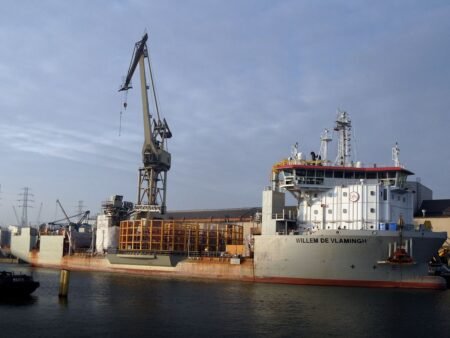The European Commission published on 25 February the results of the 2016 edition of the Digital Economy and Society Index (DESI). The findings show that EU Member States have made progress in areas such as connectivity and digital skills, as well as in public services, since the publication of the Commission’s Digital Single Market Strategy last year.
Advertisement
While highlighting improvements, the results released today also show that the pace of progress is slowing down. Action is needed, both at the EU and national levels, to remove the obstacles which prevent EU Member States from fully benefitting from digital opportunities.
Main findings of the Digital Economy and Society Index (DESI)
- The EU is progressing, but slowly: The EU as a whole attains a score of 0.52 out of 1, an improvement from 0.5 last year. All EU countries but Sweden have improved their score.
- Denmark, the Netherlands, Sweden and Finland continue to lead the DESI rankings.
- The Netherlands, Estonia, Germany, Malta, Austria and Portugal are the fastest growing countries and they are running ahead. More information on country performance can be found in country profiles and in this factsheet.
Figure 1

- Action needed to reach the global top: For the first time, the Commission is also comparing the EU to some of the most digitalised countries in the world (Japan, the USA and South Korea). While the full report on a new international Index on digital performances will be available mid-March 2016, preliminary results show that top EU countries are also top worldwide digital performers. However the EU as a whole needs to significantly improve in order to lead on the global stage. More details can be found in this factsheet.
- Better connectivity, but insufficient in the long-term: 71% of European homes can access high-speed broadband (at least 30 Mbps) compared to 62% last year. The EU is on the right track to be totally covered by 2020. The number of mobile broadband subscriptions is rapidly increasing, from 64 subscriptions per each 100 Europeans in 2014 to 75 today. The EU needs to be ready to meet future demand and to provide the next generation of communication networks (5G). This is why the Commission will present a review of EU telecoms rules to address technological and market challenges by the end of the year.
- Digital skills to be improved: While the number of science, technology and mathematics (STEM) graduates has slightly increased in the EU, almost half of Europeans (45%) don’t have basic digital skills (using a mailbox, editing tools or installing new devices). The Commission will address digital skills and training as part of the upcoming EU Skills Agenda later this year.
- e-Commerce, a missed opportunity for smaller businesses: 65% of European internet users shop online, but only 16% of SMEs sell online and less than half of those sell online across borders (7.5%). To address this issue, the Commission presented proposals on digital contracts in December (press release) to protect consumers better who shop online and help businesses expand their online sales. The Commission will come with a legislative package in May to further boost e-commerce. It will include measures to address unjustified geo-blocking, to improve the transparency of cross-border parcel markets and to enforce EU consumer rules across borders better.
- More public services online, but they are under-used:Indicators show that public administrations are providing a wider range of services online (allowing people to use the internet to inform about a new residence, the birth of a child and other important events). However, the number of internet users interacting with their administration online is not increasing (32%).
Background
What is the DESI?
The Digital Economy and Society Index (DESI) is an online tool to measure the progress of EU Member States towards a digital economy and society. As such, it brings together a set of relevant indicators on Europe’s current digital policy mix.
This year’s DESI is presented today by Commissioner Oettinger at the Digital4EU forum in Brussels (9.45 CET). It will then be discussed during the session “Delivering the Digital Single Market – from the DESI to action” (10.15 to 11.25 CET). All the sessions are webstreamed (see session on the European Fund for Strategic Investments (EFSI)/other sessions







